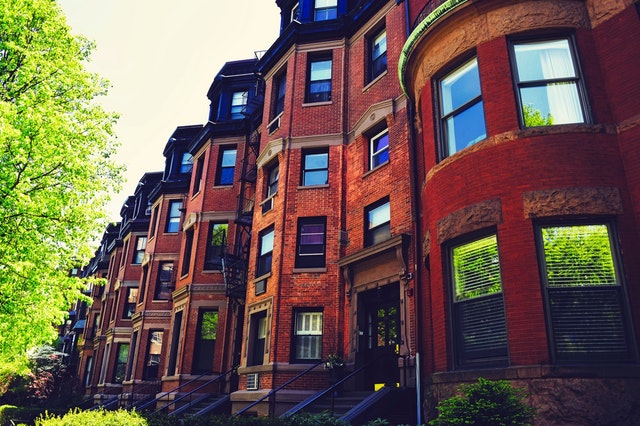 Opportunity Zones were created by the 2017 Tax Cuts and Jobs Act to encourage investors with capital gains on other investments to invest that money in low-income and undercapitalized communities. They get a reward of deferring capital gains tax. They avoid a portion of it altogether if they keep the investment for five years or longer.
Opportunity Zones were created by the 2017 Tax Cuts and Jobs Act to encourage investors with capital gains on other investments to invest that money in low-income and undercapitalized communities. They get a reward of deferring capital gains tax. They avoid a portion of it altogether if they keep the investment for five years or longer.
What started with a trickle of a few Opportunity Zones scattered around the country is now a deluge with over 3,000 approved Opportunity Zones approved in just about every part of America. 4,700 more areas may also qualify.
Opportunity Zones Expanded Dramatically
The very generous definition of Opportunity Zones not only includes poorer areas but it also includes wealthy areas within larger poor areas. Some are wealthier areas adjacent to poor areas. For example, there are Opportunity Zones in Manhattan, which is an area not typically thought of as low-income or undercapitalized.
Opportunities In Opportunity Zones
The tax incentives along with the current easy financing from real estate lenders are stimulating development projects in Opportunity Zones. Investors may increase returns on real-estate investments by up to 50% for projects in these areas.
The highest returns, based on the tax savings, are for those that invest before the end of 2019 and hold the investment for seven years until 2026. They get a capital gains step-up of 15%. After that, the tax benefits go down to a capital gains step-up of 10%.
Homes In Opportunity Zones
Another attractive characteristic is that the price of single-family homes in many Opportunity Zones is a bargain. The median price of homes in almost half of the Opportunity Zones is less than $150,000. This compares favorably to the national median home price of $266,000.
Moreover, homes in many Opportunity Zones are less than half the price of an adjacent area. The median rents in the Opportunity Zones are not as depressed as the home prices.
For real estate investors looking for cash-flow positive rental properties to acquire for a portfolio, these homes may rent for enough to pay the carrying costs.
For home buyers, these bargain prices may mean it pays to buy a home on the edge of an Opportunity Zone. If the home is adjacent to a nicer neighborhood, the upside potential for appreciation in home value may be enhanced.
Opportunities for low-cost homes exist in the Midwest, which has 73% of its Opportunity Zones with homes that cost below $150,000. The portion in the South is 57% and in the North East, it is 53%. Florida has over 300 Opportunity Zones. Pennsylvania has over 150. Tennessee has about 140. Those are states worth considering.
Summary
Looking for home-buying opportunities in newly-designated Opportunity Zones is attractive for real estate investors building up a portfolio of rental properties and for homebuyers who are looking for a bargained-price home.
If you are in the market for a new home or investment opportunity, be sure to contact your trusted mortgage professional to discuss current financing options.

